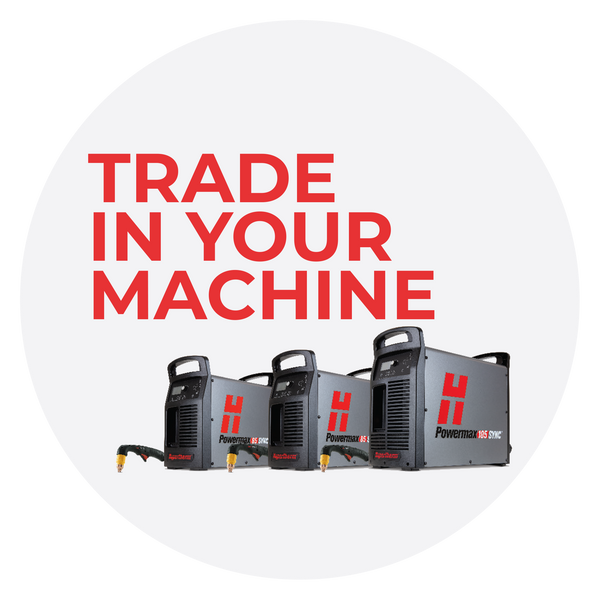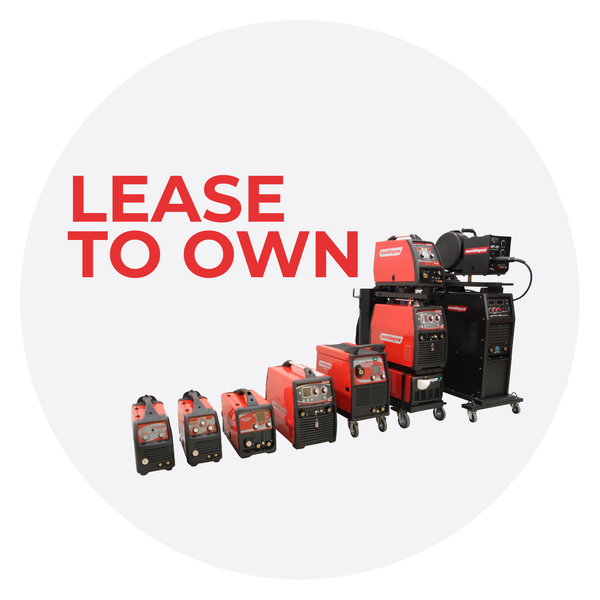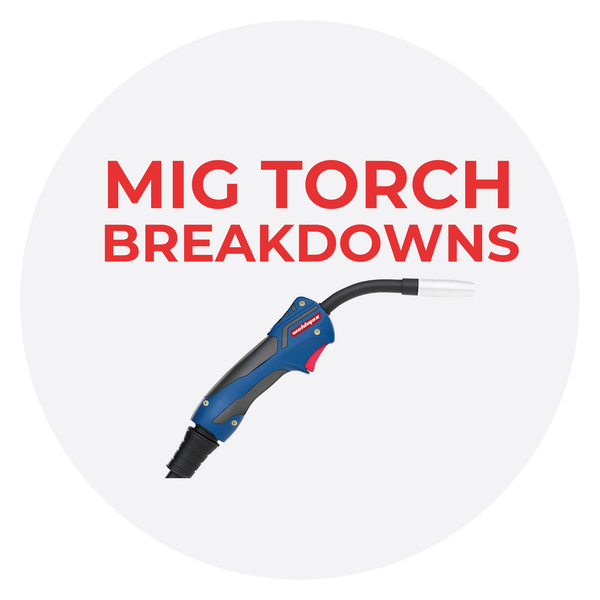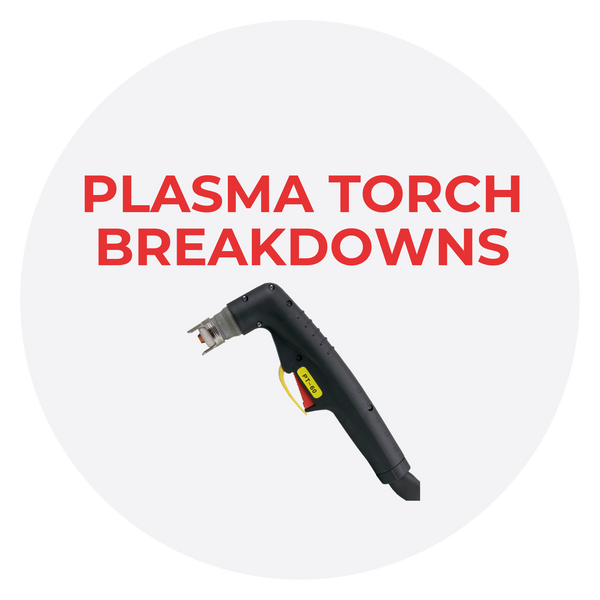
Common Misunderstandings of Weld Cleaner Machines

COMMON MISUNDERSTANDINGS OF ELECTROCHEMICAL WELD CLEANING MACHINES
Rising concern on health and safety has made our stainless steel fabricators in search of an alternative stainless steel weld cleaners and make the aggressive pickling paste a thing of the past. Electrochemical/electrolytic weld cleaning machines are the latest trend in weld cleaning, with assurance on a safer, quicker and better alternative to pickling paste.
We’ve heard countless complaints on the hassles of using pickling paste by stainless steel engineers but still, they are not too sure to take a leap into investing in an electrochemical cleaner.
Below are the roadblocks that hinder our Engineers from taking that leap.
COST
Just like any other equipment, the cost of the electrochemical cleaner should be taken into consideration, and here are some factors to consider in terms of cost
- How much are we willing to spend on the health and safety of our staff and ourselves?
- Return of Investment stretches from 5 – 6 months on a good quality electrolytic weld cleaning system.
- It could save you time and money on protective equipment, clean up processes, and health and safety compliance measures, plus it will eliminate the need for pickling paste with a good quality machine.
- Better, cleaner, stronger stainless steel products can be produced attracting more customers/clients.
- It simply outranks the pickling paste in safety, speed & quality of the results.
You might think that shelling out $5k+ for an electrochemical stainless steel cleaner is the next best move for your production but still not quite convinced that these electro cleaning systems will do everything they claim they will do, considering that you might have a negative experience in the past with these machines which came out short of expectation… well, it’s a common feeling and you’re not alone.
Customer feedbacks/Testimonials of the product would be a good aspect to look into, and you can have a free trial or a demo in your workshop to test the machines that will suit your needs, from then on you can decide more easily if the electrochemical cleaning machine is an investment worth having in your workshop.
PRODUCTIVITY
They definitely work but are too slow to finish on time or to catch up with the demands, this may be true on the machines of the past or inferior models, but a good quality electrochemical system will work faster to clean the weld than the traditional pickling paste.
Here are a few factors that slow down the cleaning process
- Gearing up with all the required PPE for pickling acid
- Tossing & turning the workpiece to get a better cleaning angle
- Dismantling the workpiece to access tight spaces
Look at all the hassles you have to go through when cleaning up can just be neutralizing and wipe down!
LIMITED PRODUCT CAPABILITIES
Most users complain about the limited capabilities and better outcome, it’s either “can’t get into tight spaces” or “it won’t work on small jobs”.
Good Electrochemical weld cleaners use brushes instead of the chunkier solid tips of the past. Brushes not only work better at cleaning the weld and removing tints without scratching, but they work to reach into those tight nooks and crannies.
Make sure that these features are included with the product you’re acquiring since this might differ between machines, so it is important to try before you buy and ensure that the supplier provides you with a full demo of the product on the typical welds in your workshop.
HAZARDOUS FUMES
Vapours and fumes produced from the machines are dangerous and must not be taken lightly especially when working with pickling paste; however, the smoke that comes from most electrolytic weld cleaning systems is quite safe by comparison.
The low concentration of weld cleaning fluid, coupled with heat and water produces steam/smoke that comes off during the cleaning process. This smoke is actually 80% water vapour and is not a health and safety risk when used in a well-ventilated area. In confined spaces, a disposable mask (P2) is sufficient filtration for thermally generated particles (steam/smoke).
ELECTROLYTIC WELD CLEANING MACHINES ONLY WORKS ON TIG WELD
This could be one of the MYTHS in the weld cleaning category, Electrolytic weld cleaning machines are not limited for TIG welds, these machines were proven to work on various welds like MIG welds, Spot welds, Double Pass TIG welds, cross-contamination & even heat penetration burns. This certainty shouldn’t be a case for any decent Electrolytic Weld Cleaner, some superior machines even have the capabilities to clean and polish most rugged MIG welding, TIG welding, spot welding, stud welding and seam welds.
CLEANING SOLUTIONS AND BRUSHES LIFESPAN ARE SHORT AND REPLACEMENTS ARE NOT CHEAP
Though these weld cleaning machines have the same goal the results are different between them, you cannot expect a Prius to perform like a Ferrari, and so they say. We are not saying that you should get the most expensive machine to get the best result but rather be more practical in picking one, know first what the job requires.
Unfortunately, some machines offer a cheaper, lower power initial product which is subsidized by a higher cost and more use of consumables, some use a pump to administer the cleaning solution rather than manual application. Others might find this convenient but the truth is it injects a lot more cleaning fluid than what is required, resulting to waste, mess & unnecessary costs. A good machine will allow you to dip the brush into the solution so you can only apply what is needed, reducing waste, and providing a better cleaning result.
2 litres of cleaning fluid should be enough to clean approximately 150m of a weld, below are the brushes average life expectancy range.
- TIG welds: 60-80 hours
- MIG welds: 55-65 hours
- Stick welds: 40-50 hours
Some systems offer a wand with a twisting shroud which gives you the ability to choose the length of your brush & gain more control resulting in an increased brush life of up to 100%.
DULL “MATTE” FINISH AFTER CLEANING
If the stainless steel surface was left looking dull or cloudy with a matte look finish after electrolytic cleaning, then you may have a “Lemon” machine. A superb electrochemical weld cleaner should leave the stainless steel with a microscopically smooth surface that is surgically clean. While electro cleaning does not scratch or polish the surface, a good European machine will have a polishing function to enable a higher level of polishing when required.
ELECTROCHEMICAL WELD CLEANERS AND ELECTROPOLISHING BATHS DOES THE SAME JOB
This might sound true, but not absolutely correct. Both techniques use an electrochemical process to clean metal, electropolishing uses a bath to soak items in a cleaning solution and applies an electric current to clean and polish. An electrochemical cleaning machine also uses a cleaning solution and electric current; however, the solution is applied directly to the area being cleaned. What makes it different from the electropolishing baths is being compact these machines are small and can be taken to the job, not like electro polishers where the workpiece will need to be moved to go in the bath. Also where electropolishing provides one overall function, a good weld cleaning machine can adjust the power output to suit the work surface and will provide cleaning, polishing, and even an etching functionality.
ELECTROCHEMICAL CLEANING IS BEST “ONLY” ON LARGE PRODUCTIONS & FABRICATIONS
We heard a lot from few engineers who don’t agree with the electrochemical cleaning machine as a necessity since they don’t do much weld cleaning, this is quite understandable but the fact is, if you have any weld cleaning jobs, having an electrochemical weld cleaning machine WILL save you time and money compared with pickling paste.
Some benefits include:
- Quick and easy set up when you do need to weld clean stainless steel
- Compact and portable - take the machine wherever you need it either around the workshop or off-site
- No need for aggressive and dangerous pickling acids
- Less risk to health and safety
- Reduced requirements for PPE and Work safe regulations
- Fast and easy clean-up
If you don’t do a lot of weld cleaning you may not need the most powerful machine, as it was mentioned earlier be practical in picking the right machine for you, a machine that could provide you with a good result may be enough, you could ask your trusted suppliers or distributors to give you suggestions that best suit your needs.
Our purpose of this article is to help you rule out some misconceptions and provide you with ideas before picking up your electrochemical cleaning systems, We hope that we were able to help you with your decision.
Keen to see this in practice, drop us a line on 1800108900 and we'd be only too happy to discuss.






